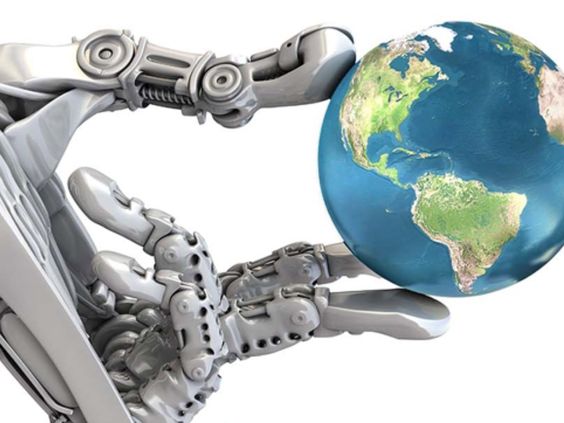The Future of Surveying with a Hybrid AI Approach
Navah Crouse, Dec 4, 2023

Combining Human Expertise with Artificial Intelligence
Human expertise has long formed the cornerstone of surveying, providing the experience, intuition, and judgment that have guided critical decisions in construction, infrastructure development, environmental monitoring, and more. The surveyor’s role entails a deep understanding of data, landscape, and the unique demands of each project. As we transition into the future, artificial intelligence (AI) emerges as the ideal complement to human proficiency. AI systems possess the capability to swiftly and accurately process vast amounts of data. Furthermore, they operate tirelessly, handling repetitive tasks without fatigue. They can analyze data in real-time, thereby enhancing the speed and efficiency of surveying operations. The collaboration between humans and AI in surveying doesn’t involve replacing one with the other; instead, it amplifies the capabilities of both. Surveyors can utilize AI to automate routine data collection and analysis tasks, enabling them to focus their skills on complex decision-making, problem-solving, and quality control. The fusion of human intuition with AI’s analytical precision creates a formidable synergy.
Leveraging Machine Learning for Data Analysis
Machine learning, a subset of AI, is becoming increasingly vital in the field of surveying for its capacity to extract insights from vast datasets. Here’s how it’s revolutionizing data analysis:
- Data Processing: Machine learning algorithms can process enormous datasets. Quickly identifying patterns, anomalies, and correlations that might be challenging for human operators to discern.
- Predictive Analytics: Machine learning models can forecast future conditions based on historical data. This offers invaluable predictive insights for project planning, environmental assessments, and more.
- Automation: By automating the interpretation of survey data, machine learning streamlines surveying processes. This reduces human error, and increases the speed and accuracy of results.
- Continuous Improvement: Machine learning models evolve and improve over time, continuously adapting to the data they analyze. This adaptability enhances the quality of analysis and decision-making.
In the future, machine learning will continue to play a critical role in surveying. They will be helping professionals extract more meaningful information from survey data.
They will be offering invaluable guidance for a wide range of applications, from construction site optimization to environmental impact assessments. The future of surveying is not about replacing the human touch. However, rather enhancing it with the power of artificial intelligence. This fusion of expertise and technology will lead to more accurate, efficient, and insightful surveying operations. This ultimately benefits the industries and communities that rely on the information surveyors provide. As surveying continues to evolve, the possibilities are boundless, and the future promises exciting advancements in data analysis and decision-making.